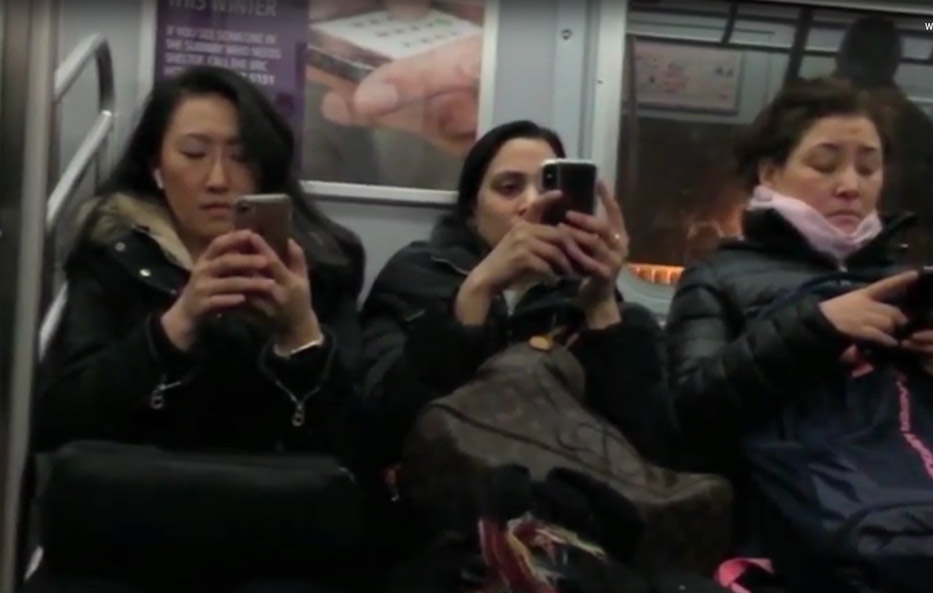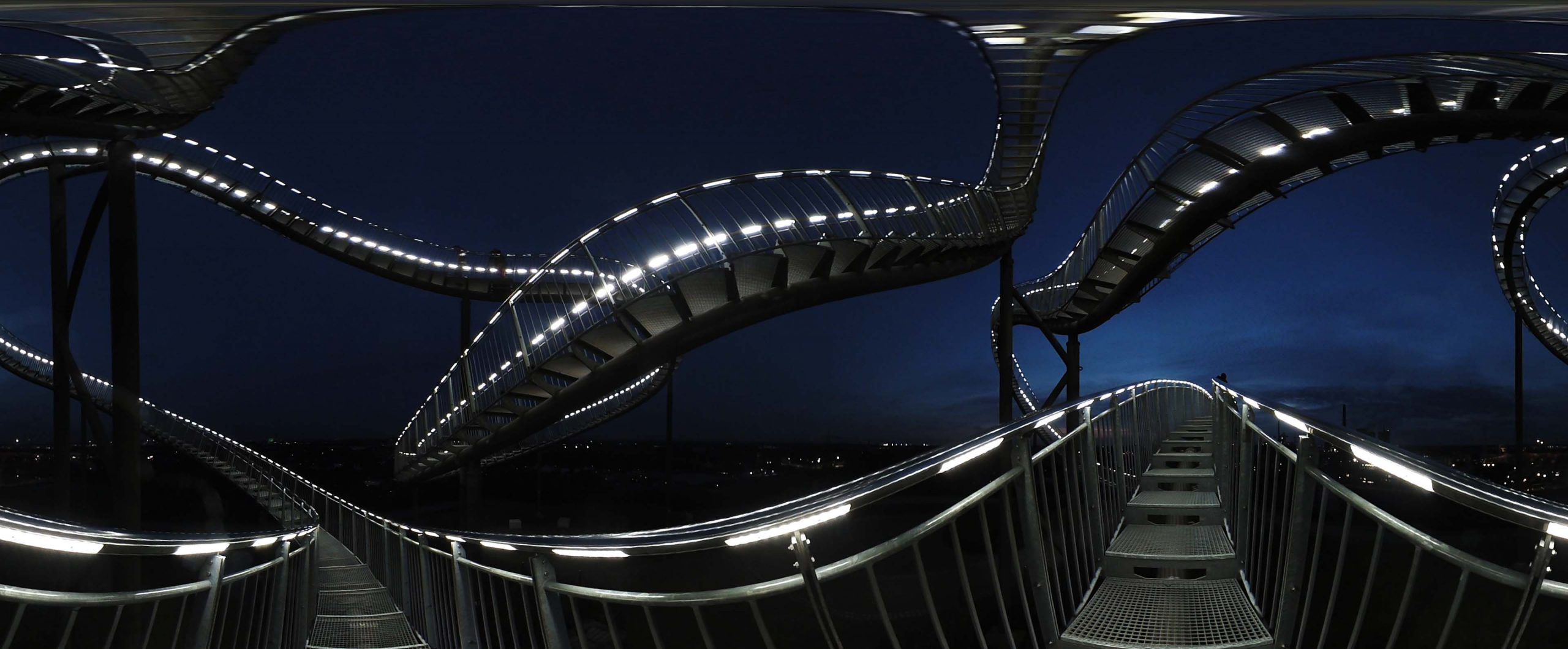
9th International Mobile Innovation Screening & Festival
The International Mobile Storytelling Congress (IMSC) will take place on 22-24 November 2019 in Ningbo, China. IMSC focuses mobile, smartphone and pocket filmmaking, mobile innovation and mobile creativity.
Partners
MINA – Mobile Innovation Network & Association,
Mobile Studies International (MSI)
University of Nottingham Ningbo China (UNNC)
Investigators
Max Schleser

Alongside the International Mobile Storytelling Congress (IMSC), the 9th edition of MINA’s International Mobile Innovation Screening will take place on 22-24 November 2019 in Ningbo, China. IMSC focuses mobile, smartphone and pocket filmmaking, mobile innovation and mobile creativity. IMSC provides a forum for practitioners and scholars to showcase projects and discuss changes, challenges and chances of mobile storytelling. MINA (www.mina.pro) is the longest running film festival internationally dedicated to mobile & smartphone filmmaking with a focus on moving-image arts, documentary, community engaged film productions, experimental films and emerging film production forms and formats, such as MoJo, drone videos, AR and Mobile Cinematic VR.
Related Projects























